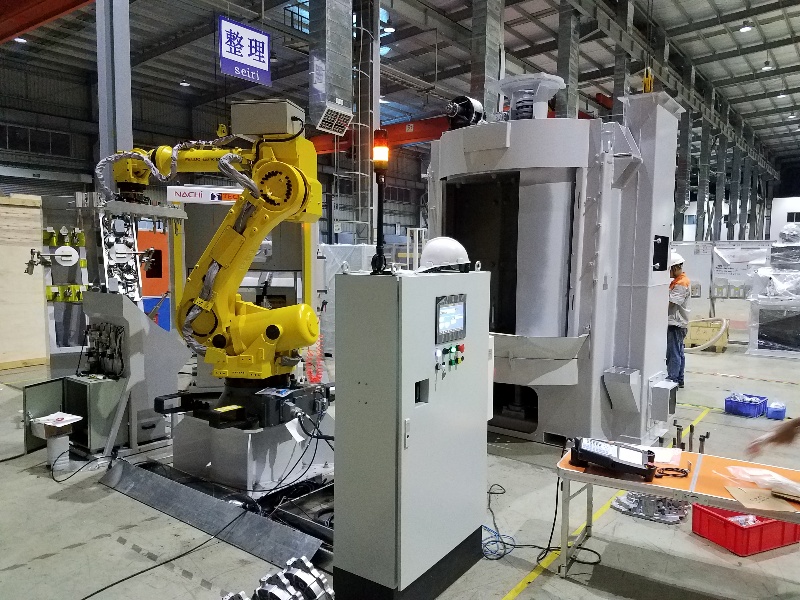Hotline
+86-136 8495 9862
Email:cennia@szmizhi.com
Add::104,Building 27,Third Industrial Zone, Longxi Community,Longgang District,Shenzhen,China.
Coil Forming & Handling Equipment
Surface Treatment Equipment
Solutions
Application
About Us

Welcome to MIZHI
For consultation/feedback, please call the service hotline: +86-136 8495 9862 Email:cennia@szmizhi.com

What are the recommended process parameters for shot blasting?

The recommended process parameters for shot blasting can vary depending on the specific application, equipment, and desired surface finish. However, the following general guidelines are commonly used:
Parameter | Description | Recommended Range |
Shot Blasting Distance | Distance from the nozzle to the workpiece surface. | 100 - 300 mm |
Shot Blasting Angle | Angle between the abrasive jet axis and the workpiece surface. | 60 - 75 degrees (avoid 90 degrees) |
Abrasive Type | Type of abrasive media used (e.g., steel shot, glass beads, etc.). | Varies by application |
Air Pressure | Compressed air pressure used to propel the abrasive. | Pressure blasting: 0.3 - 0.5 MPa<br>Suction blasting: 0.5 - 0.6 MPa |
Nozzle Aperture | Diameter of the blast nozzle. | 8 - 15 mm |
Abrasive Particle Size | Size of the abrasive particles. | Varies by application; finer particles for smoother surfaces |
Blast Wheel Speed (for wheel blasting) | Speed of the centrifugal blast wheel. | Typically 65 - 110 m/s |
Blast Time | Duration of the shot blasting process. | Controlled based on surface requirements |
Additional Considerations:
Surface Condition: The initial condition of the surface (e.g., rust, scale, coating) will affect the required intensity and duration of the shot blasting process.
Equipment Type: The choice between compressed air blasting and centrifugal wheel blasting depends on the application. Centrifugal wheel blasting is generally more efficient for large-scale operations.
Safety and Environmental Regulations: Ensure proper ventilation and dust collection to comply with environmental regulations and protect operators.
These parameters should be adjusted based on the specific requirements of the job and the equipment being used.